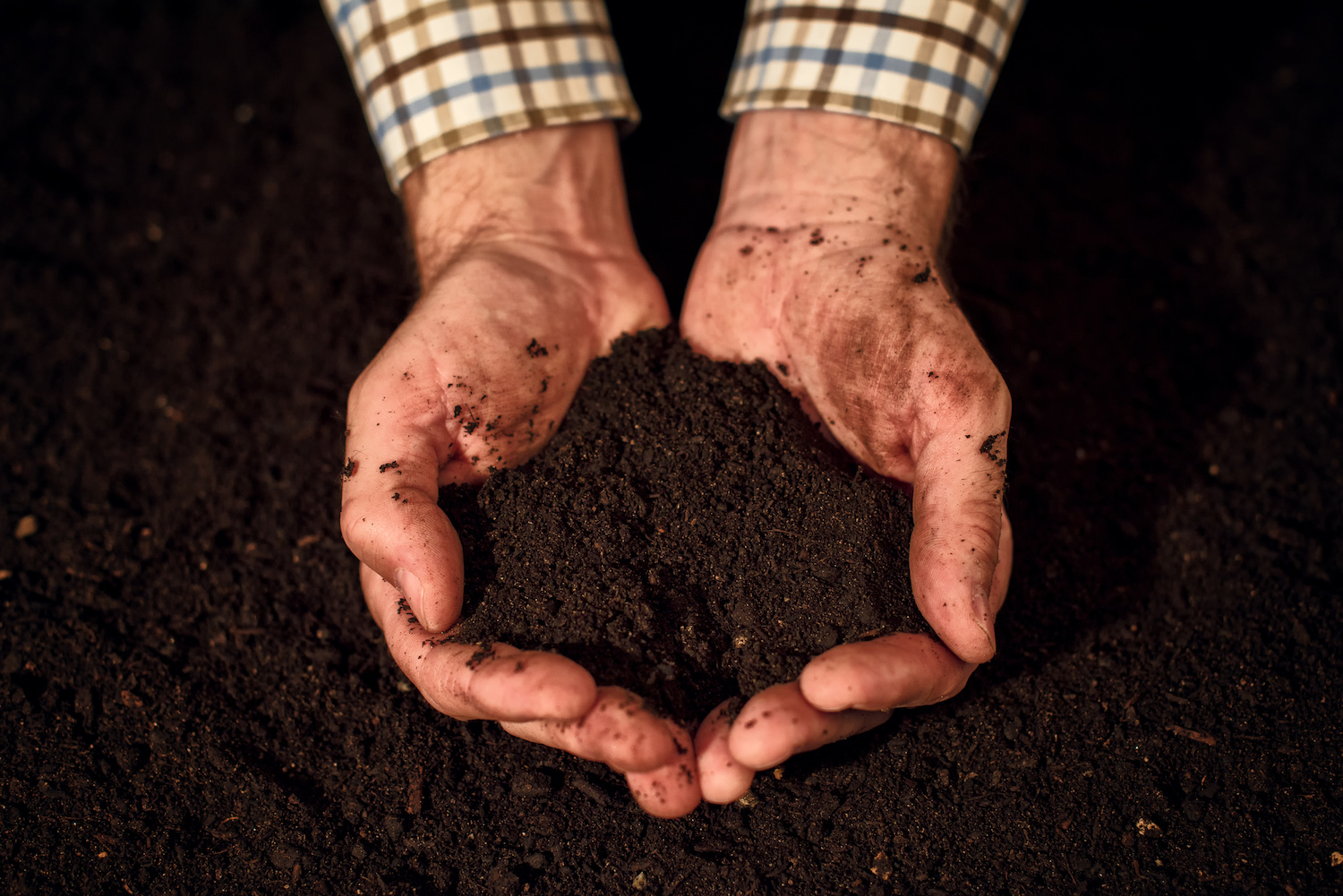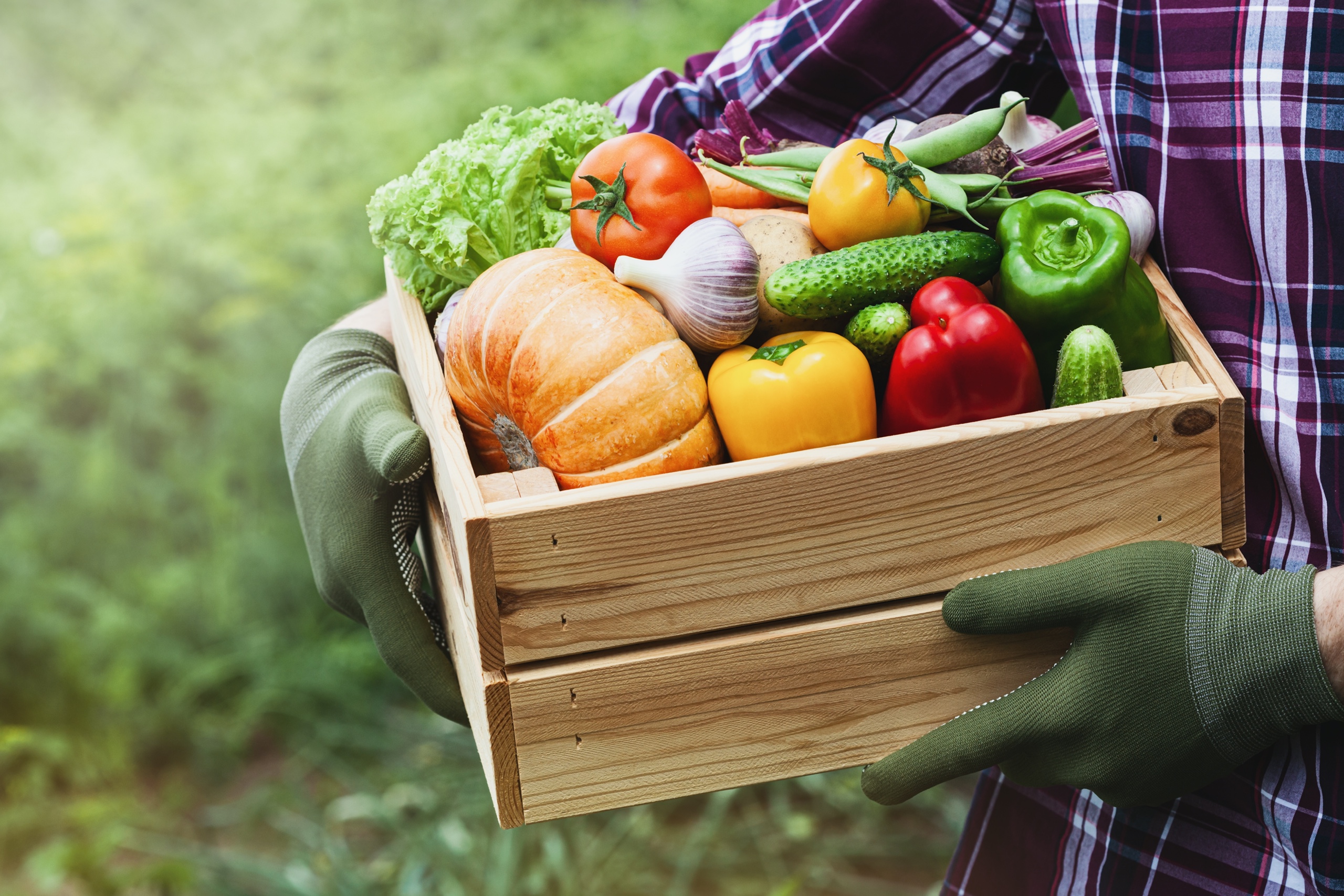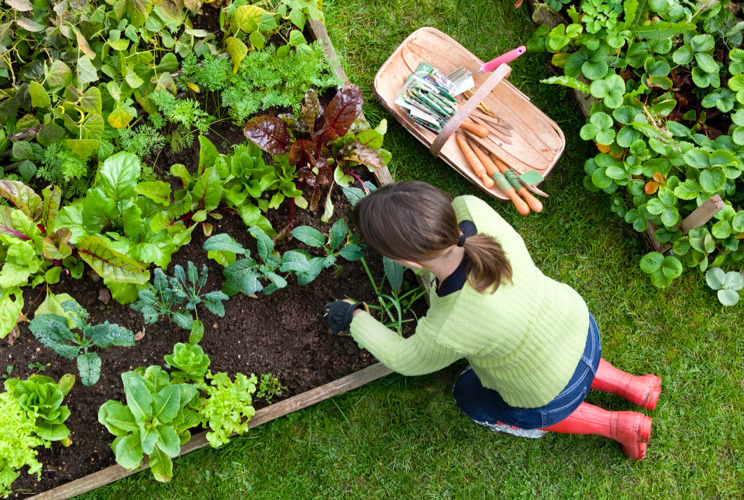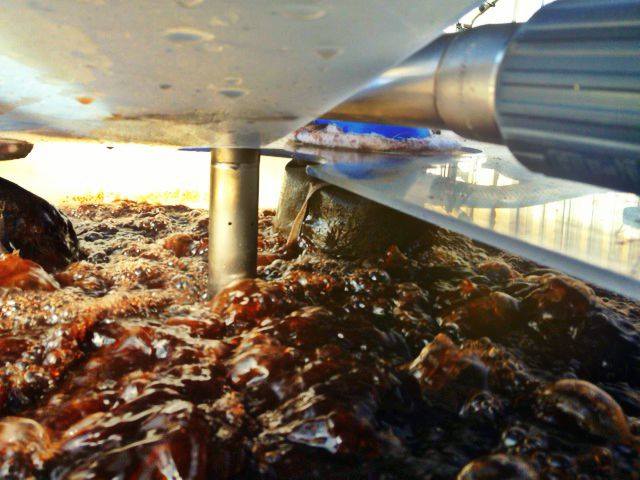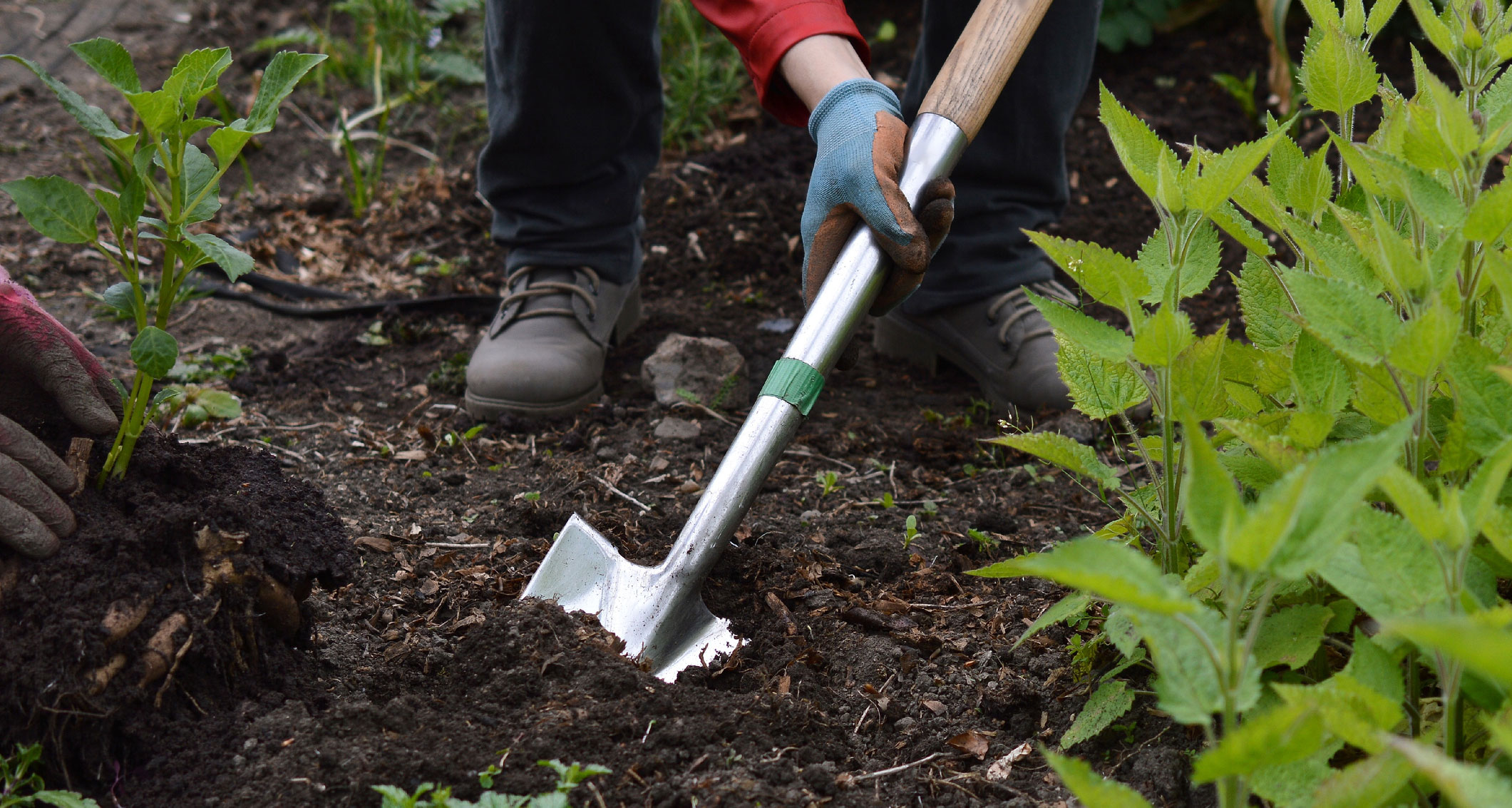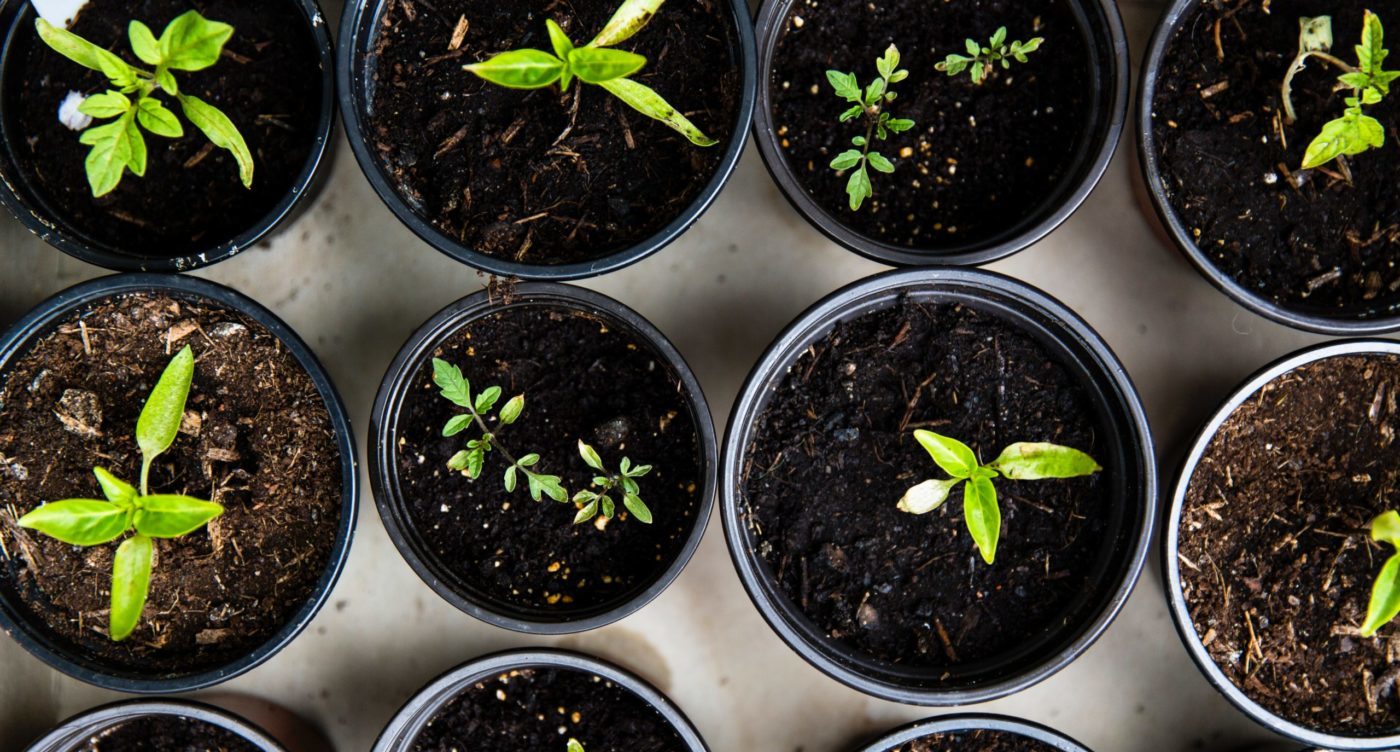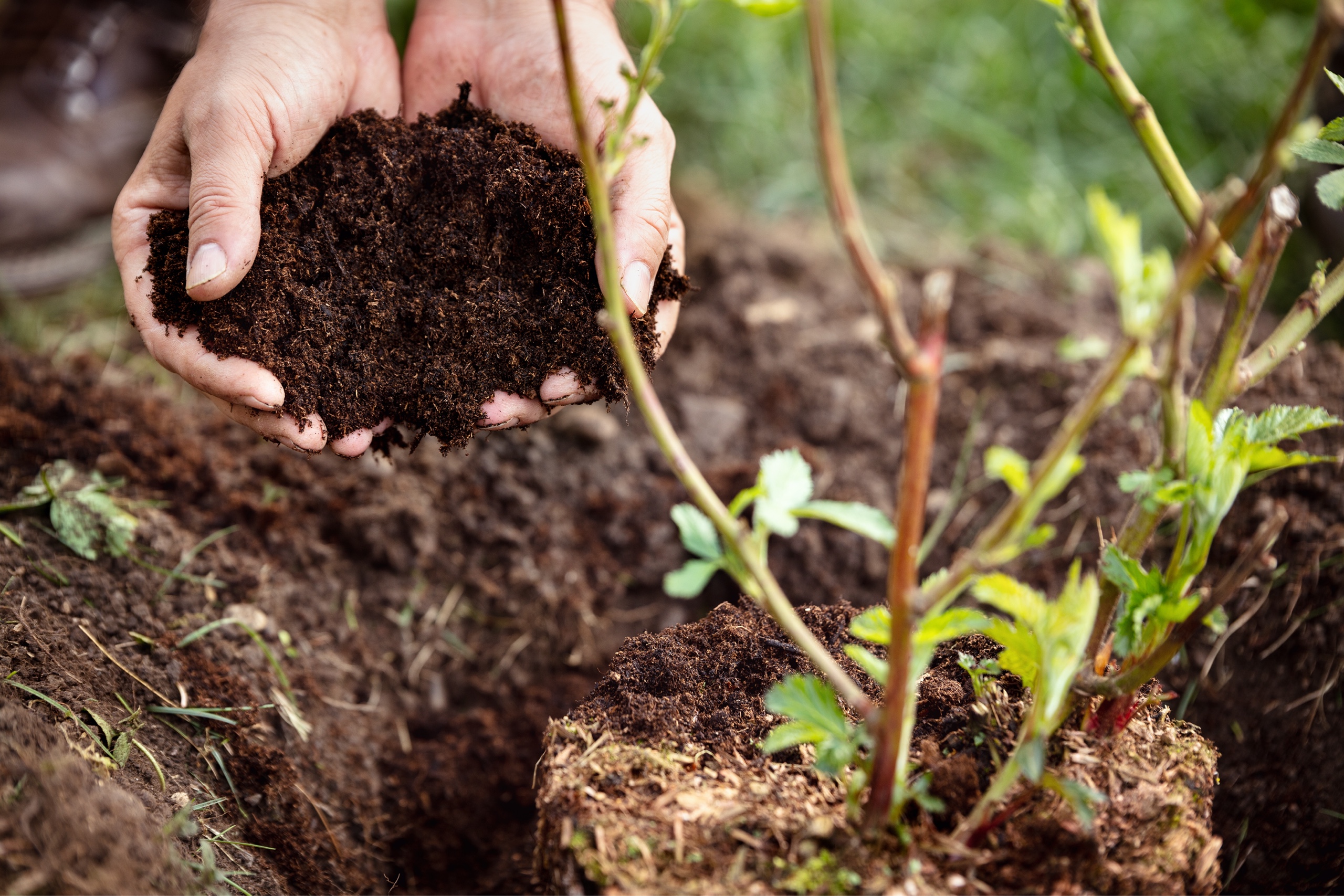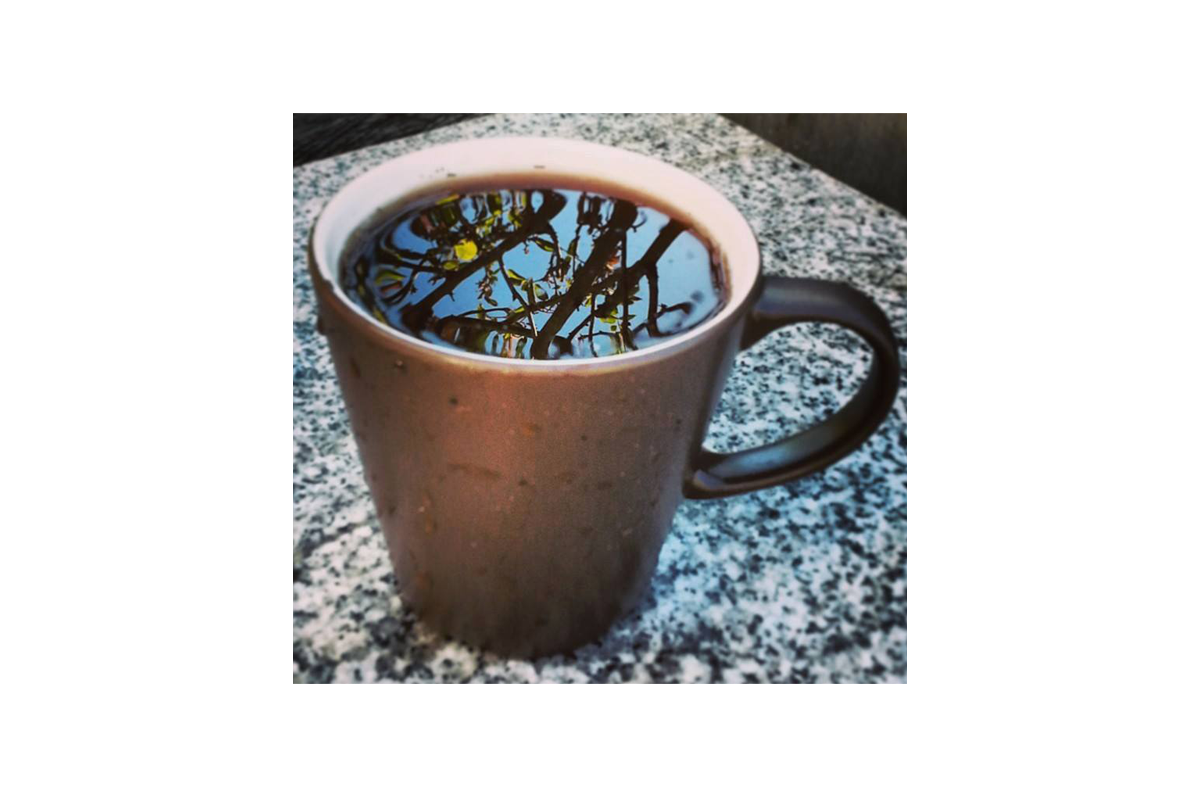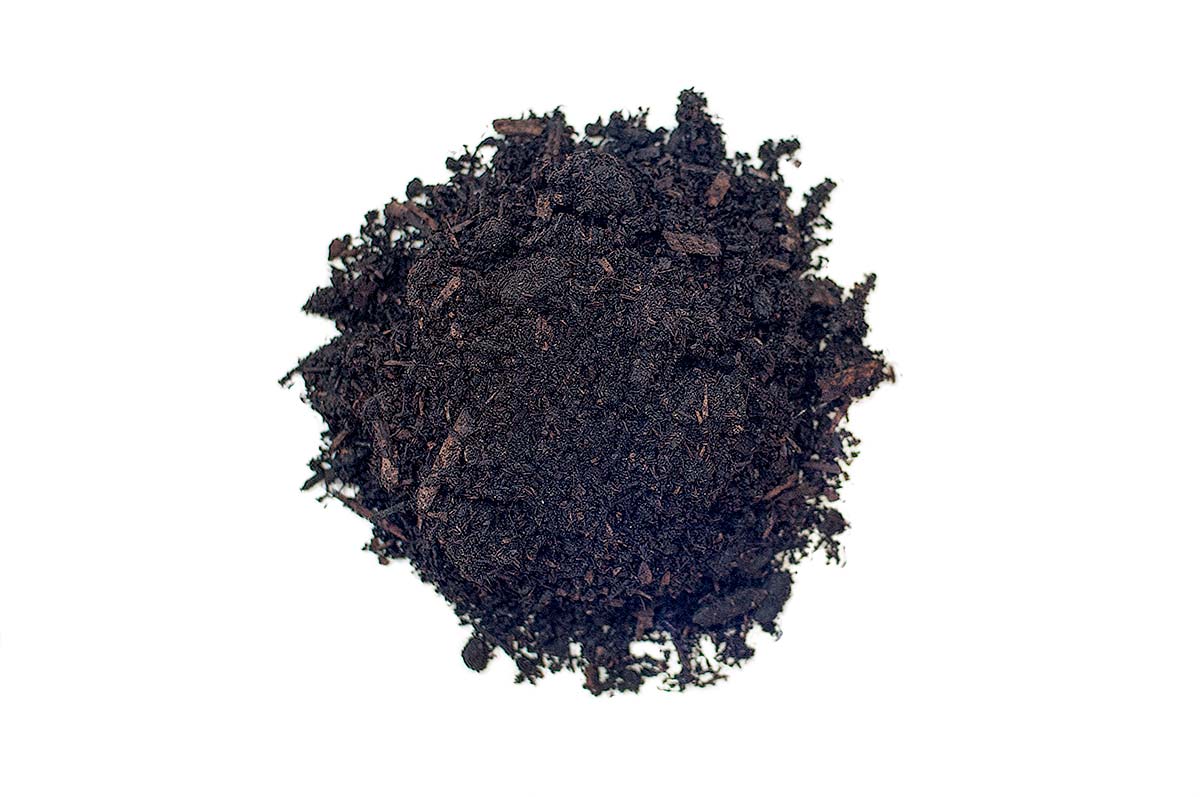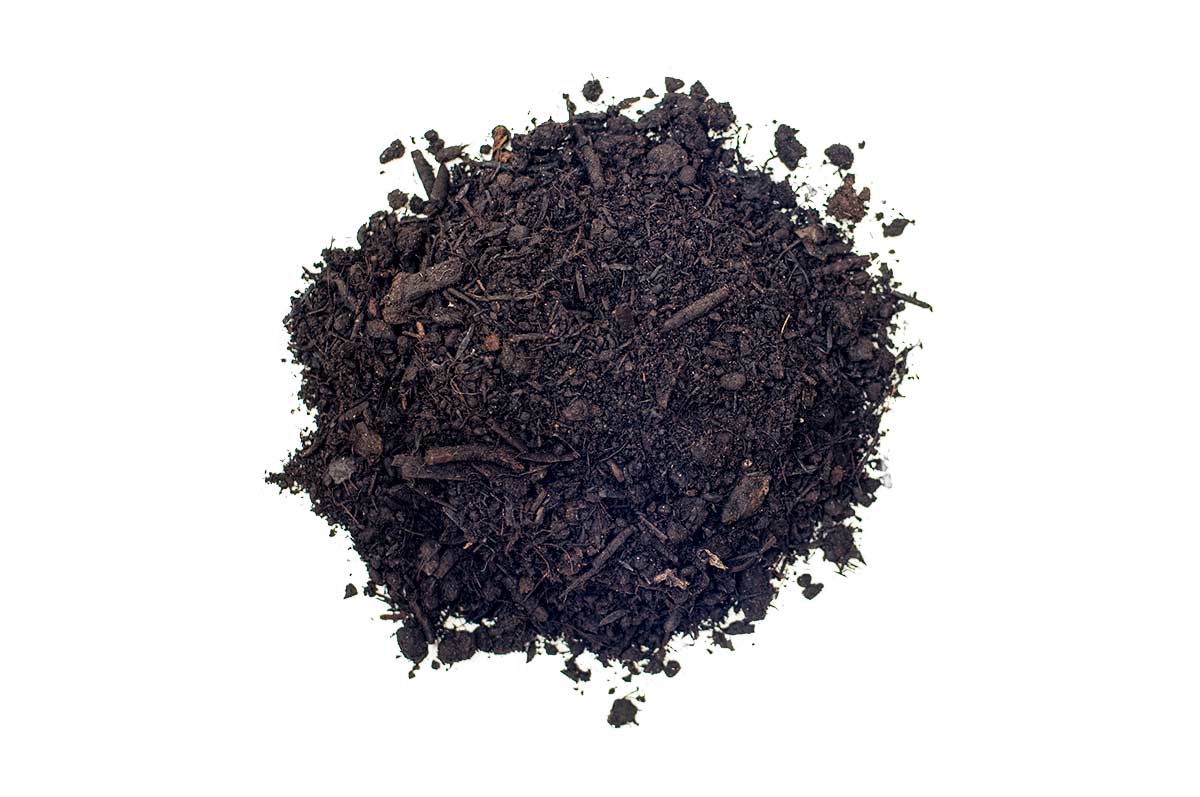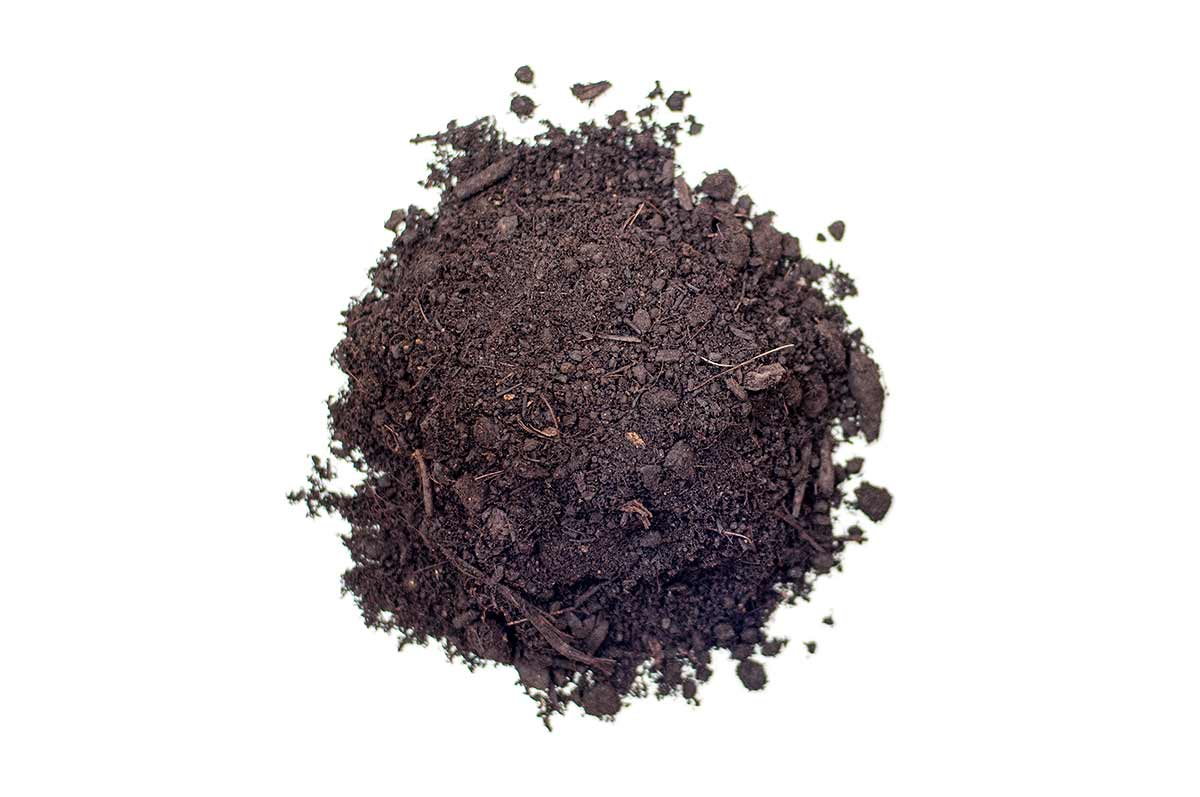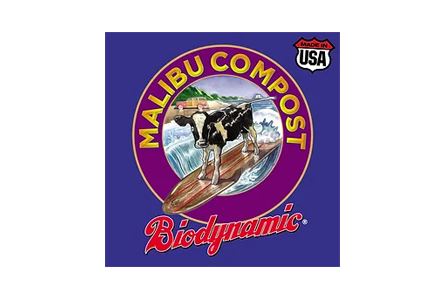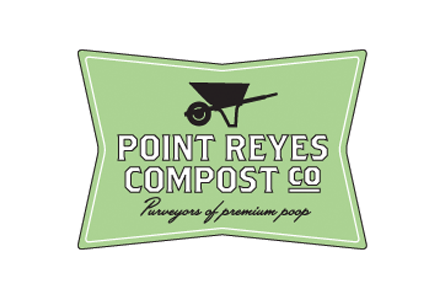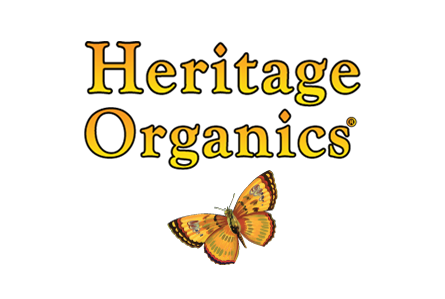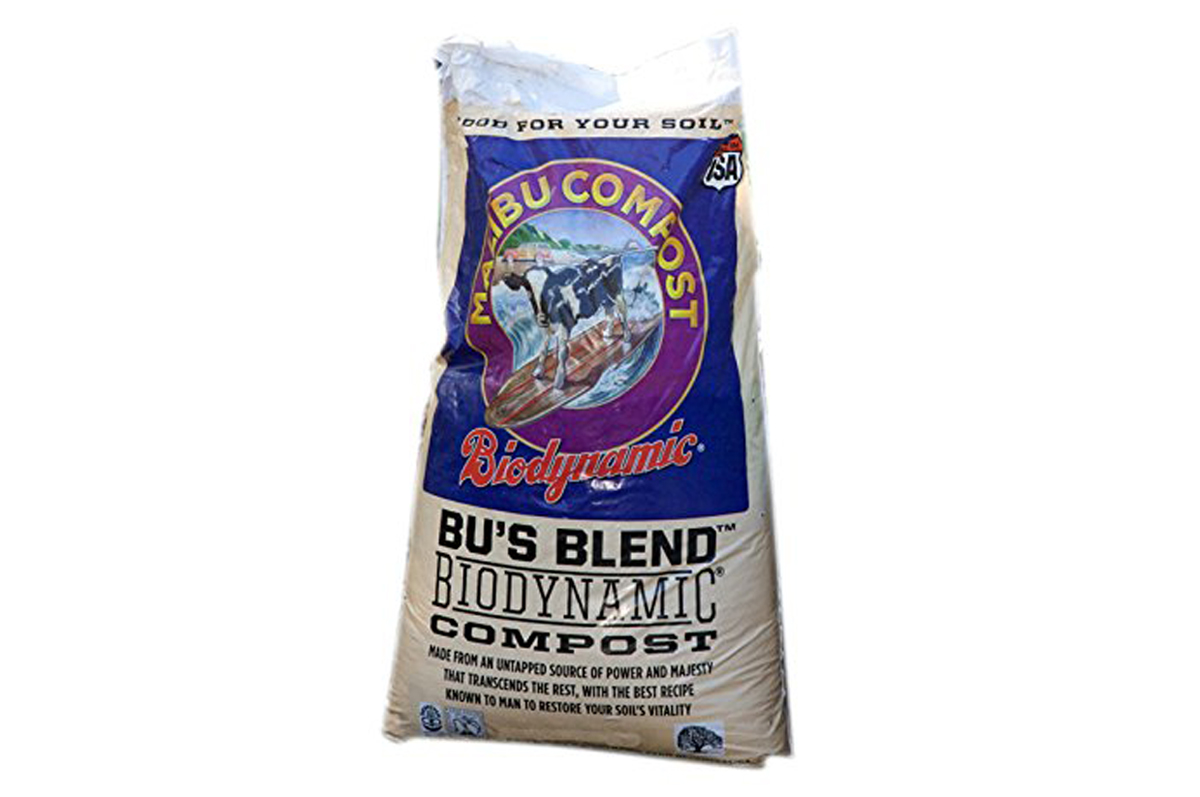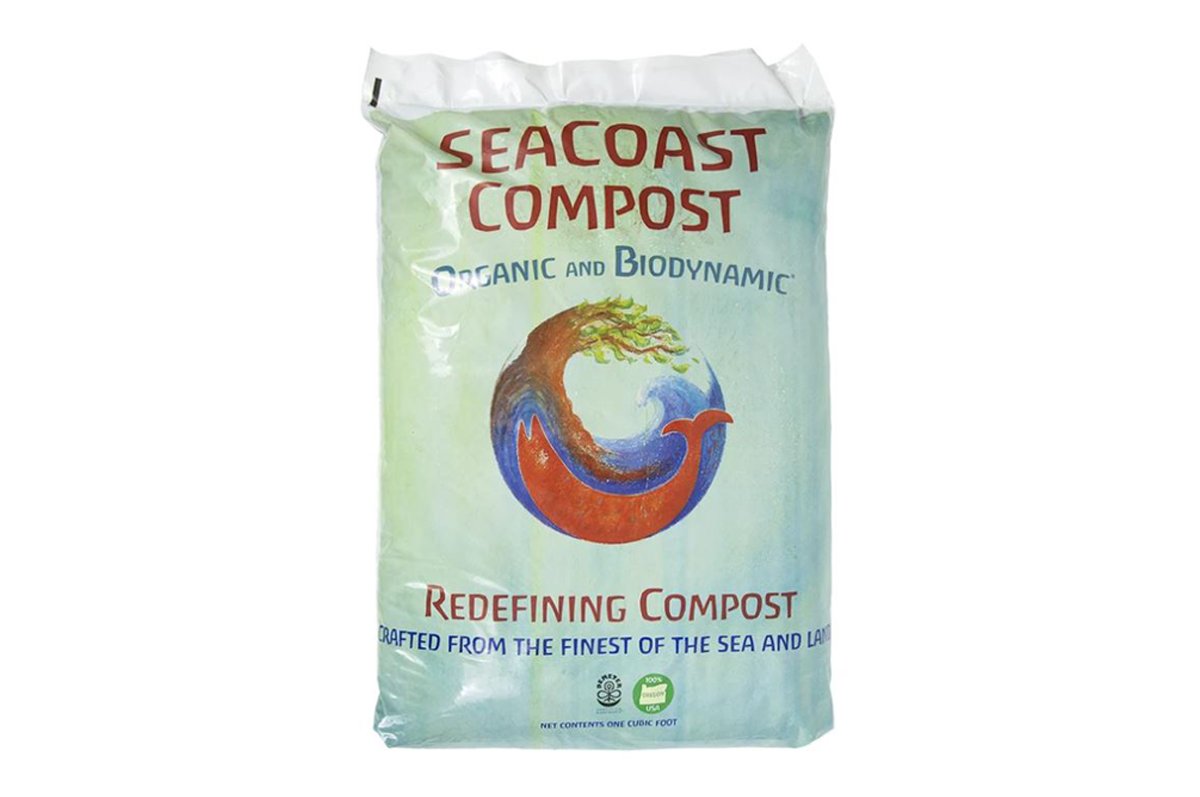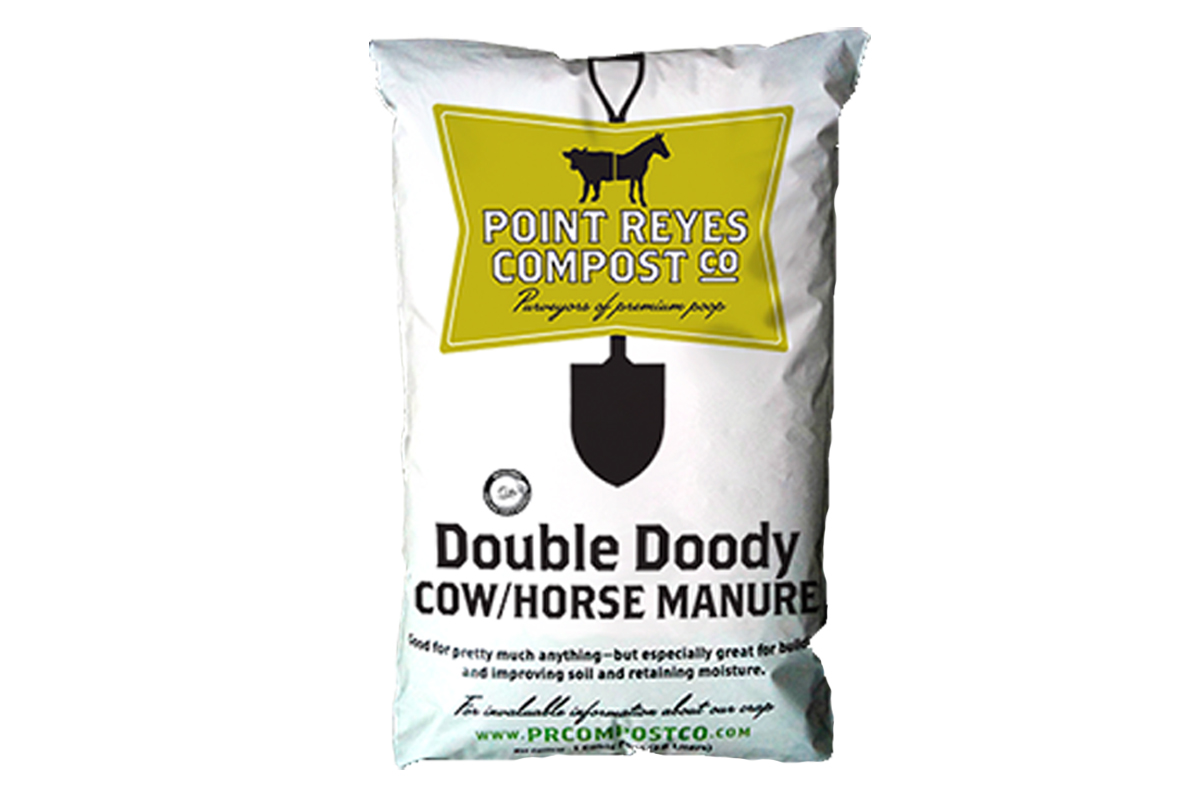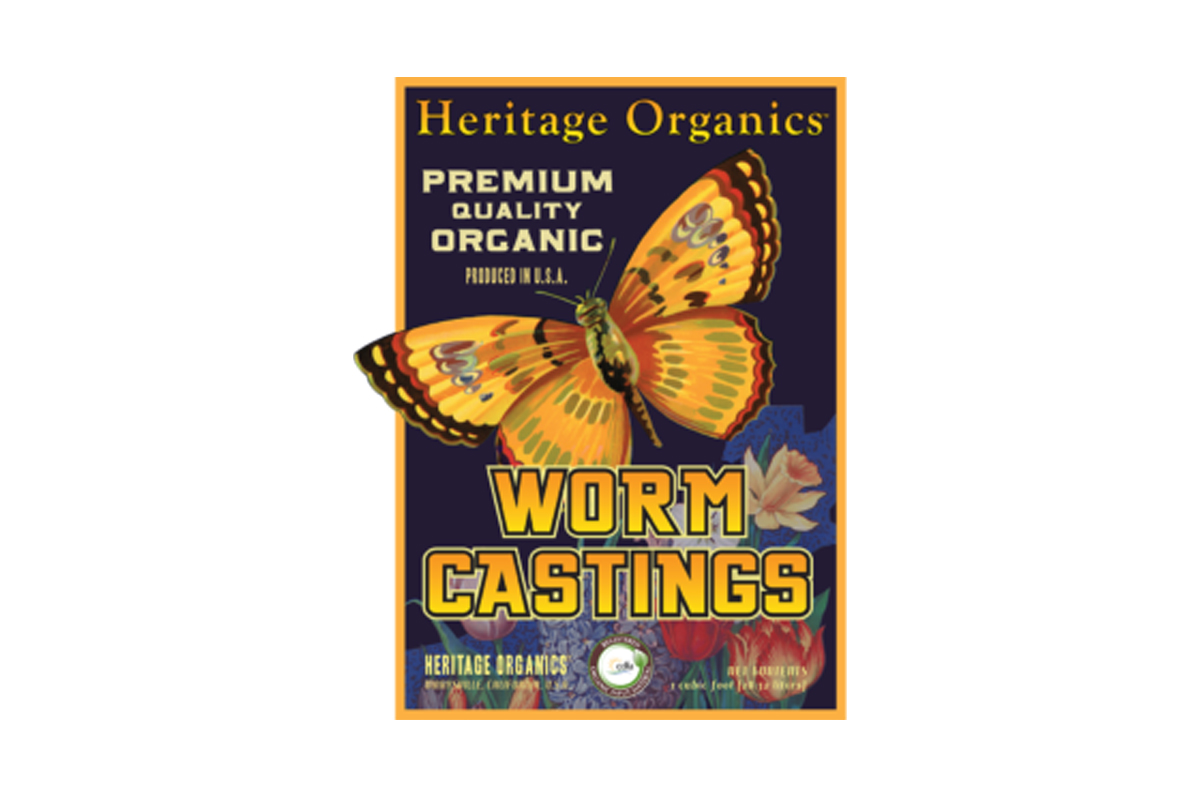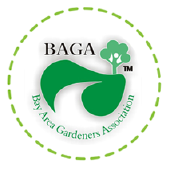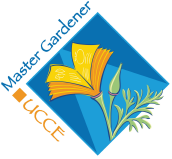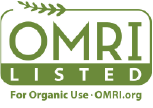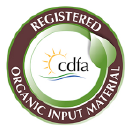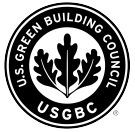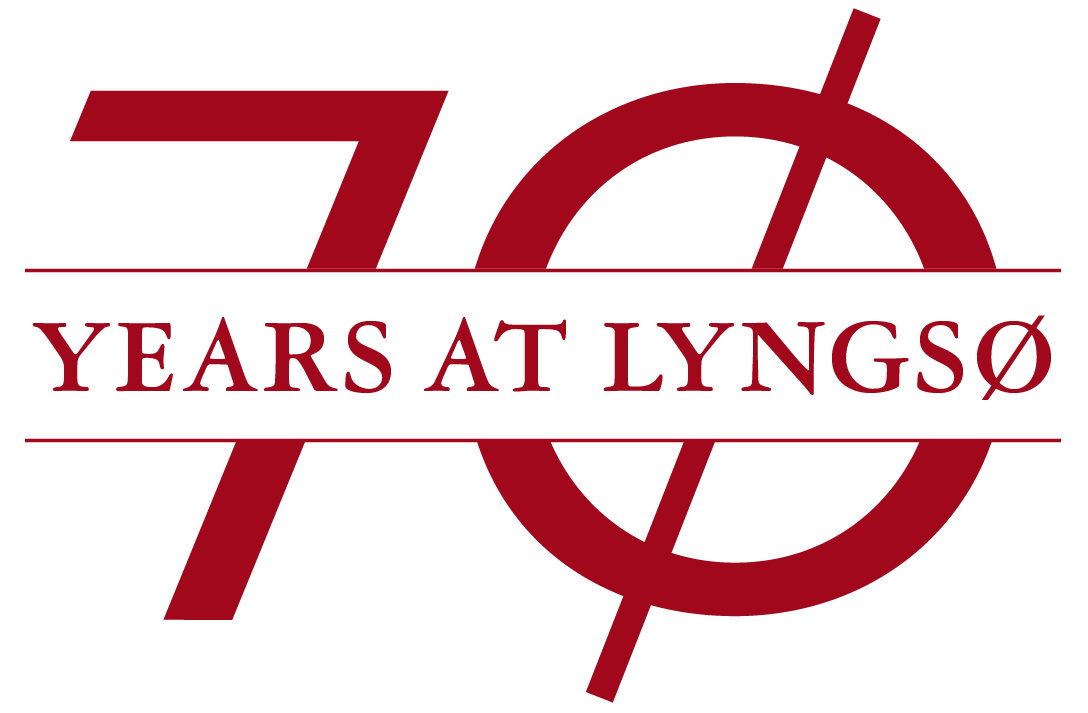Key Nutrients for Vegetable Growth
Plants, especially vegetables, require nutrients to grow to their best and most soils need an extra boost to assure those nutrients are available. The three essential macronutrients required by plants are nitrogen, potassium, and phosphorus. Together they are vital for good stalk and leaf growth, strengthening root systems, enhancing seed production, improving blooming, helping plant immunity, acting as pest prevention, and increasing the flavor profile of edible plants. Their presence, as well as the appropriate pH of your soil, will not only help you determine how your garden grows, but also what will do well within it.
Some vegetables or flowers proliferate in a more alkaline environment, while others thrive in more acidic conditions. Cilantro, kale, and celery – for instance – need more alkaline soils with a pH of 6.0 – 7.0 to thrive. Basil, cucumber, and carrots do well within somewhat acidic soils with a pH of 5.5.-6.5. Whereas parsley, sweet potatoes, and raspberries flourish in acidic soils with a pH of 4.0-5.5.
Understanding how compost improves soil and what benefits it gives your plants will make choosing organic compost over chemically manufactured fertilizer a “no brainer.”


